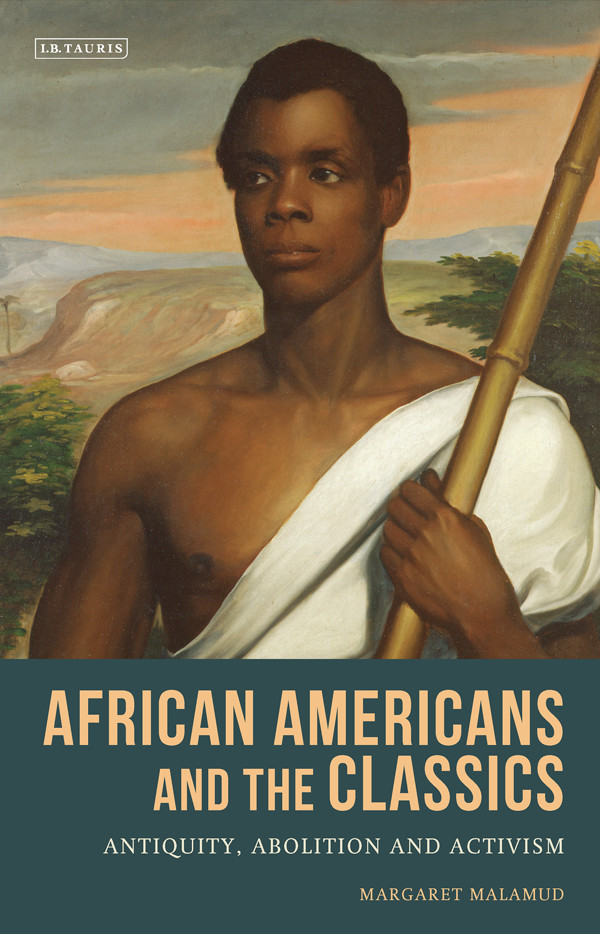

Most ebook files are in PDF format, so you can easily read them using various software such as Foxit Reader or directly on the Google Chrome browser.
Some ebook files are released by publishers in other formats such as .awz, .mobi, .epub, .fb2, etc. You may need to install specific software to read these formats on mobile/PC, such as Calibre.
Please read the tutorial at this link: https://ebookbell.com/faq
We offer FREE conversion to the popular formats you request; however, this may take some time. Therefore, right after payment, please email us, and we will try to provide the service as quickly as possible.
For some exceptional file formats or broken links (if any), please refrain from opening any disputes. Instead, email us first, and we will try to assist within a maximum of 6 hours.
EbookBell Team

4.1
90 reviewsA new wave of research in black classicism has emerged in the 21st century that explores the role played by the classics in the larger cultural traditions of black America, Africa and the Caribbean. Addressing a gap in this scholarship, Margaret Malamud investigates why and how advocates for abolition and black civil rights (both black and white) deployed their knowledge of classical literature and history in their struggle for black liberty and equality in the United States. African Americans boldly staked their own claims to the classical world: they deployed texts, ideas and images of ancient Greece, Rome and Egypt in order to establish their authority in debates about slavery, race, politics and education. A central argument of this book is that knowledge and deployment of Classics was a powerful weapon and tool for resistance-as improbable as that might seem now-when wielded by black and white activists committed to the abolition of slavery and the end of the social and economic oppression of free blacks. The book significantly expands our understanding of both black history and classical reception in the United States.